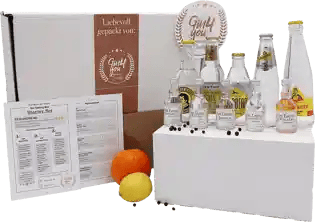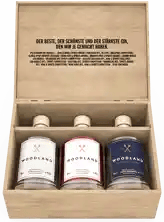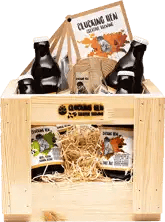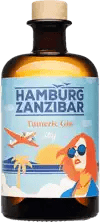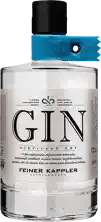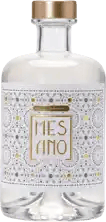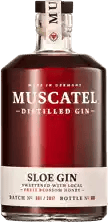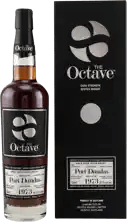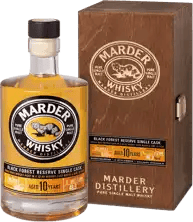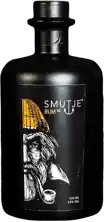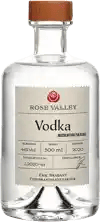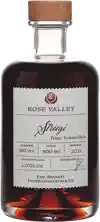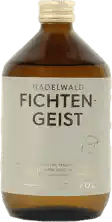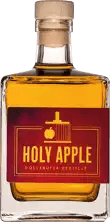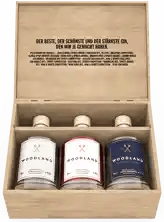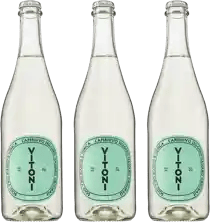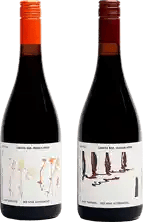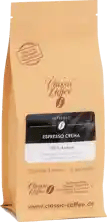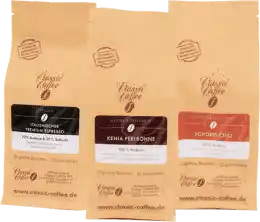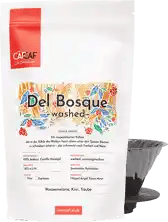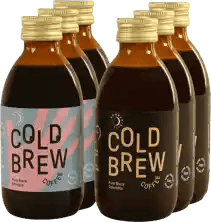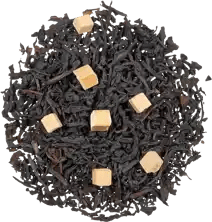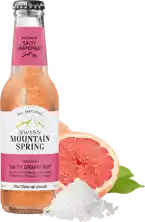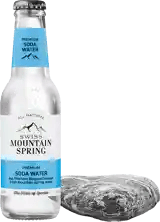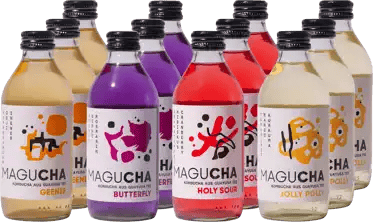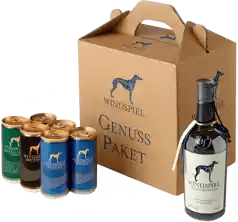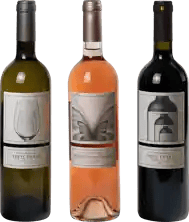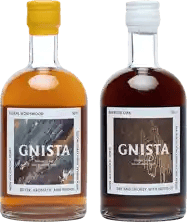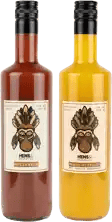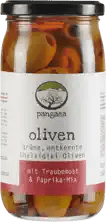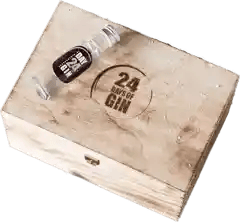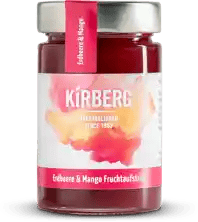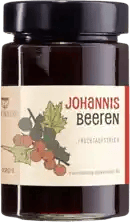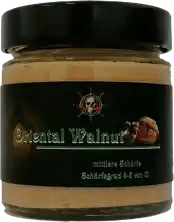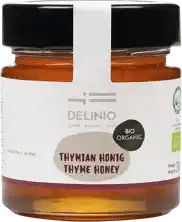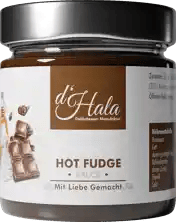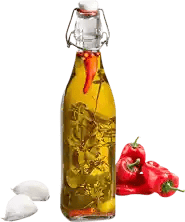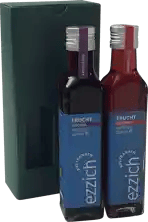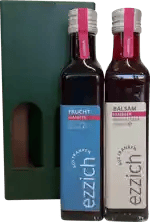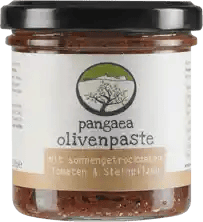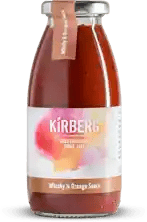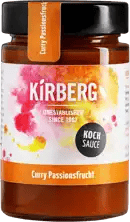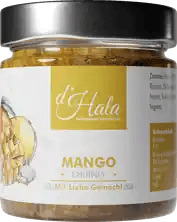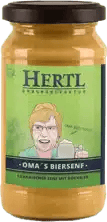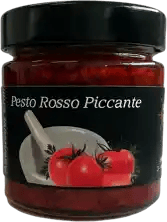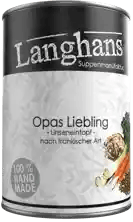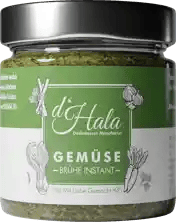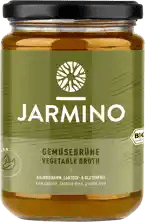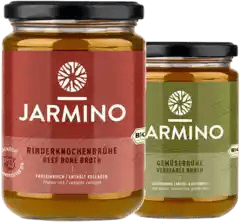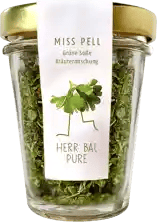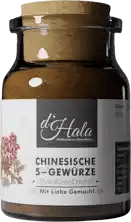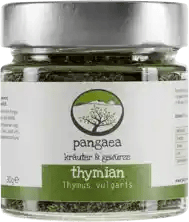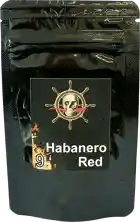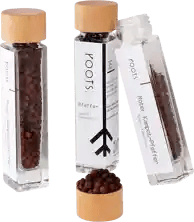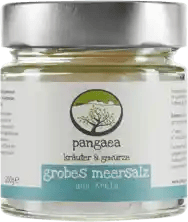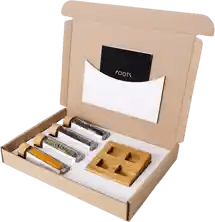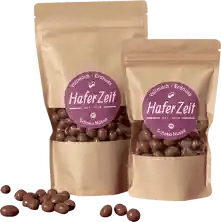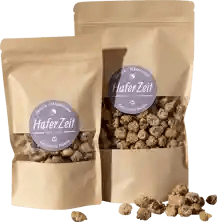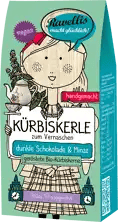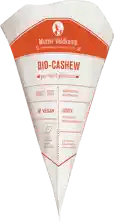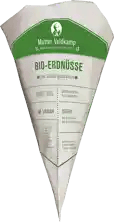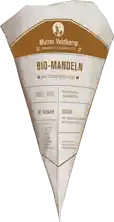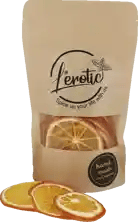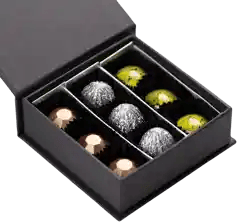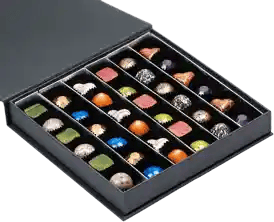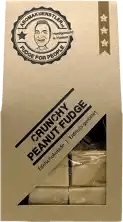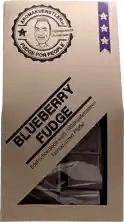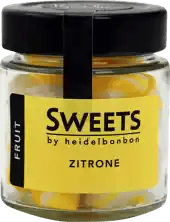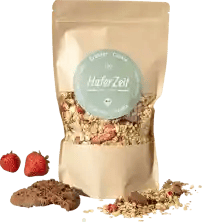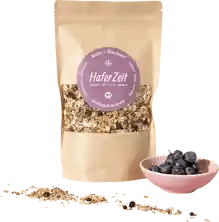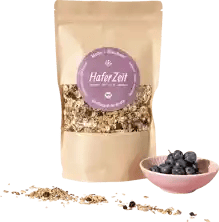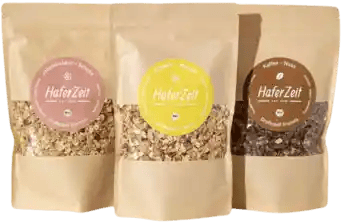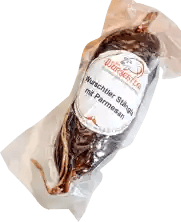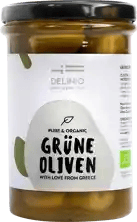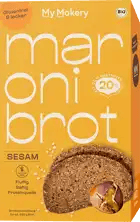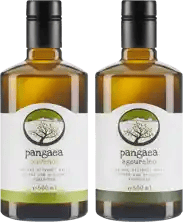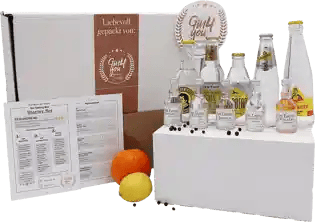Quality instead of quantity!
7,000 independent products
No mainstream
7,000 independent products
Interview with INDIE ROASTERS: Anne Gerulat on fair coffee, Direct and Fairtrade and questionable retail coffee prices
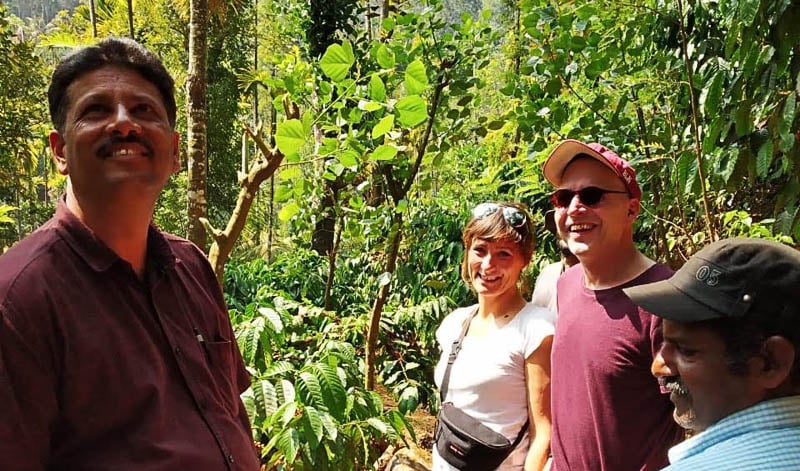
Sustainability is on everyone's lips. At INDIE ROASTERS, social and ecological responsibility are an integral part of the brand essence. Anne Gerulat and Torsten Rosendahl are not only concerned with offering tasty, high-quality organic coffee, but also with ensuring that everyone involved in the value chain benefits. In this interview, Anne tells us why the two rely on direct trade, what the difference is to Fairtrade and how many parties actually (should) earn from the low coffee prices in our supermarkets.
You can order coffee from INDIE ROASTERShere
What made you decide to found Indie Roasters: the love of good coffee or the desire for really fair coffee?
Both are very important to us. When we founded the company, there was hardly any good-tasting, high-quality organic coffee on the market. To be honest, we couldn't find a single one. Fortunately, that has now changed.
Through personal contacts, you were then able to establish a relationship with coffee farmers in India and import organic coffee directly. Was it clear to you from the start that you would only start your roastery with directly traded coffee?
Yes, it is important to us that the money goes to the right places. Our aim is to run a business that everyone involved can make a living from. Our coffee should be good for customers, partners, coffee farmers, nature and, of course, for us.
And you had your brand identity created through a design competition at a university. Why did you do that?
Quite simply, we had no money. All our capital was in green coffee. We had to get creative. Then came the idea of the university. It was a good thing for both sides at this point: The students had the opportunity to work on a real project and we got a nice CI - despite our small budget.
Did your name also come out of the competition?
No, Torsten already had this idea beforehand. Indie mainly comes from independent, but it also includes India. INDIE ROASTERS therefore fits our concept perfectly.
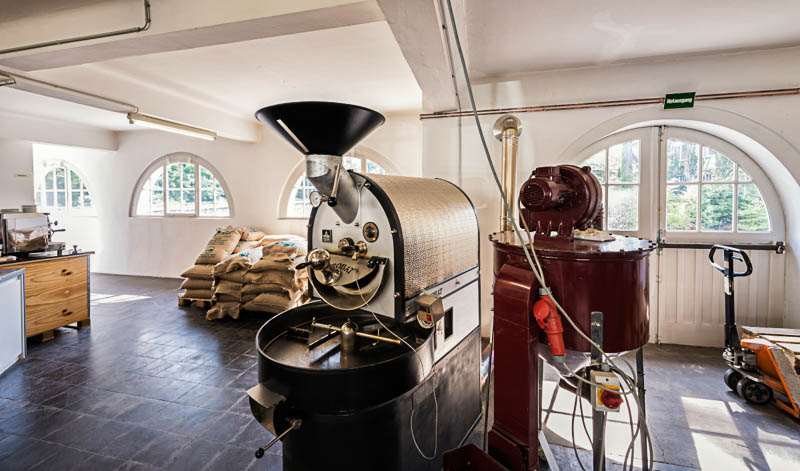
The roastery: this is where INDIE ROASTERS coffee is roasted
Let's say I now want to set up my own roastery. Could I simply make direct contact with coffee farmers and order green coffee with a bit of internet research and a few phone calls? Or is that not so easy?
Perhaps you could contact a farmer by phone. However, simply ordering green coffee is not an option. To import, you need a local export partner, as farmers are agricultural businesses and in most cases do not have a company that holds an export license. The quality, quantities and further processing after the harvest must also be organized and controlled. Business is done differently in India than here. Without personal contact, this becomes difficult. There are new issues to deal with every year.
Can you briefly explain the market to us? What is the difference between Fairtrade, Direct Trade and the way industrial suppliers trade coffee that we see in the supermarket?
Normally green coffees are traded on the stock exchange. This results in a market price that depends on various factors, including speculation. Fairtrade guarantees a country-specific minimum price. This means that if the market price falls below a set price, the Fairtrade farmers receive the set minimum price. If the market price is higher, this price is paid to the farmers.
Direct trade is about establishing long-term, personal partnerships. Here, higher prices are negotiated directly, regardless of the current market price. This allows us to respond individually and situationally to the requirements that arise. We also work closely together with regard to the quality of the coffee.
Dirtect Trade aims to create a win-win situation for all parties involved. It is about security and predictability for both sides and the transparency of the product.
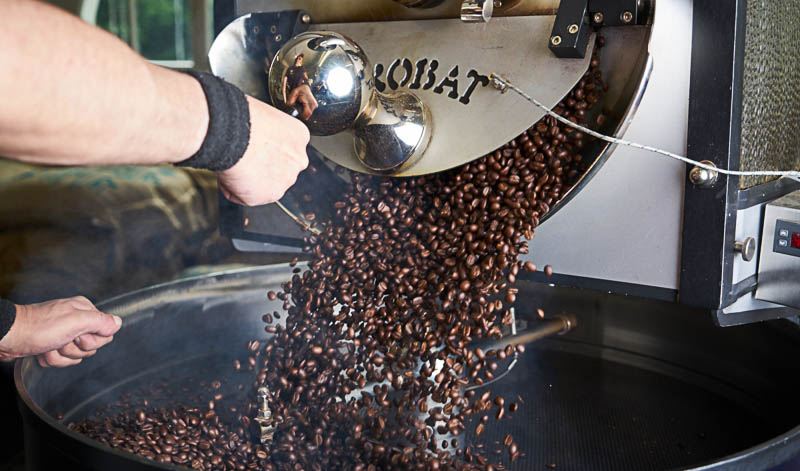
What a beautiful sight: The INDIE ROASTERS coffee during the roasting process
Fairtrade coffee prices are higher than the usual market price, but still nowhere near enough to ensure that coffee farmers are paid sufficiently well and fairly. You've been in business for a few years now. Is that really the case or is Fairtrade still a good thing?
Fairtrade is a great idea in itself. It's a first step towards providing small farmers with a livelihood. For us, direct trade is definitely the better alternative. Here, improvements and corresponding prices can be agreed in personal contact, thus creating better long-term prospects for everyone involved.
You can easily get 500 grams of coffee from 3.00 to 3.50 euros at a discount store. I once heard that a rule of thumb in the coffee market is: the selling price of coffee is twice the purchase price. Your cheapest coffee is coffee 7|3 for 11.90 euros for 500 grams. That's about four times the price of discount coffee. Now I have read that the cost of living in India is on average significantly lower than in Brazil, Colombia or Ethiopia. Does this price comparison between discounters and your coffee show how badly underpaid coffee farmers actually are?
Selling 500 grams of coffee in Germany for 3.00 euros or 3.50 euros is almost impossible if anyone is to make a living from it at the origin. In Germany, a roasting tax of 2.19 euros is paid on every kilogram of roasted coffee. This means that a coffee price of 3.00 euros minus around 1.09 euros coffee tax equals 1.91 euros. This 1.91 euros then includes the margin of the retailer, the wholesaler, the coffee roaster, the packaging, transportation from the origin to Germany, logistics at the origin, processing at the origin and the amount that the coffee farmer receives. What do you think?
You can also assume that the quality of the green coffees for such coffees is not comparable to the quality of the green coffees that specialty coffee roasters use in their roasted coffee products.
Your approach to sustainability doesn't stop with direct trade organic coffee. What do you do apart from direct trade?
We try to run our company sustainably in all areas. For example, we use aluminum-free coffee bags that are made in Germany. We have all our labels printed by an environmental printing company, we have green insurance, a GLS bank account and much more. We also endeavor to reuse the materials - for example, the coffee bags.
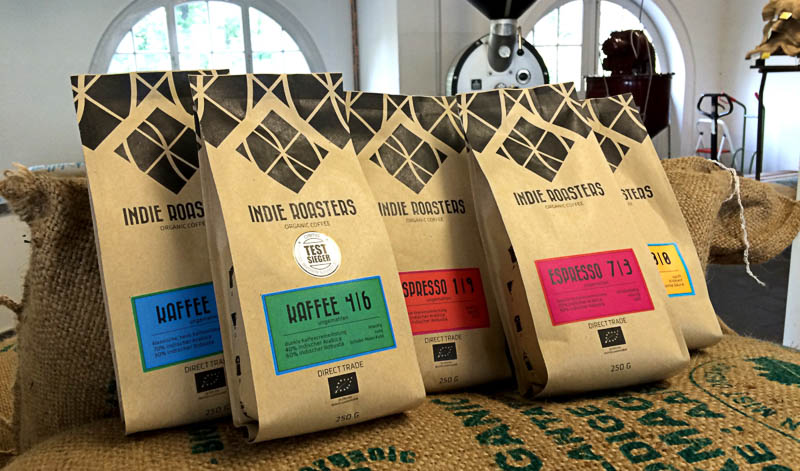
The finished coffees from INDIE ROASTERS - apart from the finished contents, the coffee bags come without aluminum, while the labels are all printed in the environmental print shop
Many companies find it really difficult to implement change management and become more sustainable. Was it easy for you because sustainability was an integral part of your brand right from the start?
Yes, it was. Every decision is always examined in terms of sustainability. However, there are also areas where we could be more sustainable. In some places, it's a question of economics. The roasted coffee market is very competitive. As you mentioned yourself, you can buy coffee for 7.00 euros per kilogram. If we wanted to do everything the way we would like, we would have to sell the coffees even more expensively. It's questionable whether we can find enough customers who are willing and able to go along with this.
Will you be buying and roasting something other than Indian coffee in the future? Or is your name the program?
At the moment we are fine with our Indian portfolio, especially as there are currently developments in India to make really great organic specialty coffees - Honeys and Naturales. In general, we can definitely imagine getting involved in another direct trade project and introducing another product line. In any case, the green coffee would have to be of high quality and certified organic.
You can find the entire range of coffee and espresso under INDIE ROASTERS. Under this link you can also order the coffee tasting set or here the espresso tasting set from INDIE ROASTERS.
Matching products to the article
Recent articles
-
24 JulDrinks advent calendar: The best gin, whisky & beer calendars for the pre-Christmas period
-
24 Jul"The quality of Languedoc wines simply amazed me" - An interview with two noses for wine
-
10 JulLimoncello - All about the Italian lemon liqueur
-
10 JulAll about lemonade - a world-famous classic
-
18 JunMarder Edelbrände: Germany's best single malt whisky
-
06 JunEuro 2024: Beer, soccer and singing!
-
06 JunThe 11 best gins for the 2024 European Championship summer
-
29 MayThe art of fermentation: discover the amazing benefits for your health
-
28 May"It sounds crazy, but it tastes fantastic!" - Interview with a pizza chef
Brilliant!
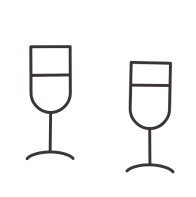
Bitte bestätige deine Anmeldung noch eben - du hast eine Bestätigungsmail von uns. Klicke darin auf den Link. Danach bekommst du deinen Rabattgutschein.

